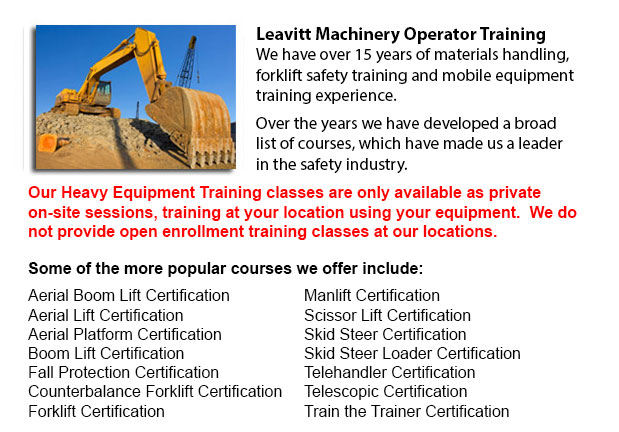
Fort Mcmurray Heavy Equipment Ticket - A heavy equipment operator would make use of a variety of construction equipment, depending upon the nature of the job at hand. The large equipment are made to perform specific tasks in the most efficient manner for every business. Different kinds of equipment are small enough to be utilized in plants or inside of warehouses, and can be particularly designed to move boxes and pallets. Bigger machinery is customarily utilized outdoors to grade land and clear areas to prepare for construction.
There are various projects which require the skill of a heavy equipment operator, like for instance public works projects and endeavors of privately owned businesses. Jobs completed by public works offices could comprise road construction and the construction of bridges. There are many other projects which are publicly funded which include airport runways, dam construction, municipal structures, levees and power plants. Private projects could consist of the construction of office buildings, malls, retail stores and industrial parks.
A few of the smaller scale jobs need machines made of the use inside huge industrial spaces or inside commercial buildings. Normally, the machine selection includes forklifts, cherry pickers and pallet jacks. Backhoes and trenchers are often available in various sizes appropriate for work requiring less bulky and powerful equipment.
Operators of heavy equipment would be required to be certified by their regional or local agency. A lot of these operators are cross-trained and certified to operate many different models of heavy equipment. Others choose to specialize in operating only one type of machinery and just require periodic updates on their operating permit certifications.
The employers working in this business operating heavy machinery would usually be trained by taking a formal apprenticeship program or by receiving on-the-job training by their unions or companies. It is vital that employers hire fully-trained heavy equipment operators in order to adhere to local guidelines and adhere to local and regional laws regarding worker safety and job situations.
-
Fort Mcmurray Forklift Safety Training
Fort Mcmurray Forklift Safety Training - Those wanting work in industries which utilize forklifts should undergo a forklift safety training course prior to becoming a certified operator of a forklift. There are many ways to go about obtaining forklif... More -
Fort Mcmurray Heavy Equipment Training Courses
Fort Mcmurray Heavy Equipment Training Courses - The first step needed to take when choosing heavy equipment operator courses is figuring out the capacity you wish to work with heavy machinery. For instance, you could take courses that would teach yo... More -
Fort Mcmurray Wheel Loader Operator Training
Fort Mcmurray Wheel Loader Operator Training - To be able to raise significant weights, industrial cranes make use of levers and pulleys. In the past, Romans used cranes to build enormous monuments making the origin of these machines at least two tho... More -
Fort Mcmurray Telehandler Training Courses
Fort Mcmurray Telehandler Training Courses - Employers are responsible for making sure that their operating personnel and supervisors are trained to work competently using telehandler equipment. The competence level of employees need to be assessed.... More -
Fort Mcmurray Heavy Equipment Operator Certification
Fort Mcmurray Heavy Equipment Operator Certification - The person who manipulates the controls and drives various types of heavy machinery is known as a heavy equipment operator. Most commonly, this machinery is used on construction sites to be able... More -
Fort Mcmurray Forklift Ticket
Fort Mcmurray Forklift Ticket - Forklifts and the pallet jack is designed for almost the same reason. They operate to lift and transfer materials and goods from one place to another. This however is where the comparison stops though. With the pallet... More -
Fort Mcmurray Telehandler Certification
Fort Mcmurray Telehandler Certification - Telehandler certification courses are both for operators who have some experience driving a standard forklift and for those with no experience. The real-world training provided by these programs produces grad... More -
Fort Mcmurray Counterbalance Forklift Training
Fort Mcmurray Counterbalance Forklift Training - Counterbalance Forklift Training courses are always in high demand. The Counterbalance forklift is a forklift which is designed with a weight that counters the balance, evenly spreading the weight of t... More

Forklift Certification Fort McMurray
TOLL FREE: 1-888-254-6157
Fort McMurray, Alberta
forkliftcertificationfortmcmurray.com
Email Us
About Us


